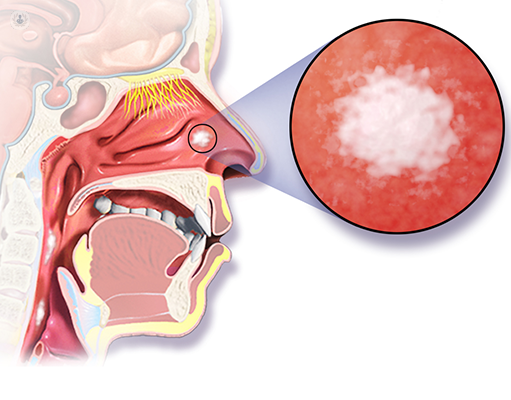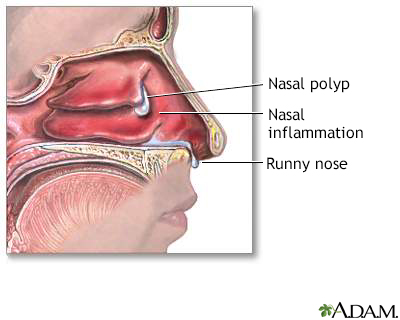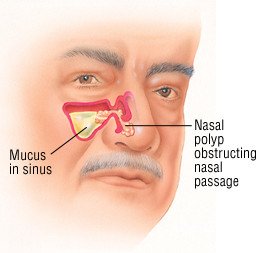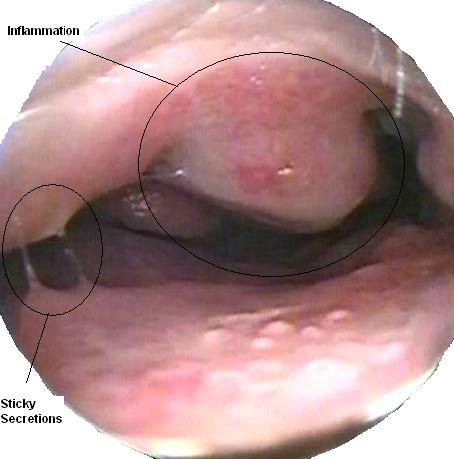Pain or swelling in the face eyes or ears. Mucus draining into the back of your nose.
 Nasopharyngeal Carcinoma Causes Symptoms And Treatments
Nasopharyngeal Carcinoma Causes Symptoms And Treatments
HPV-Associated Nasal and Sinus Cancers.

Nasal cancer causes. What are causes and risk factors for nasal and sinus tumors. However the cancer has been strongly linked to the Epstein-Barr virus EBV. There may be no signs or symptoms in the early stages.
Gene changes related to these cancers usually occur during life rather than before birth like inherited mutations do. Smoking and tobacco smoke is a major risk factor for nose and sinus cancer as well as other cancers of. Your age and gender.
Symptoms often appear once the tumour grows into surrounding tissues and organs. These acquired mutations likely cause most nasal cavity and paranasal sinus cancers. Mucus coming from the nose.
Chronic sinus infections that do not go away with antibiotic treatment. Diagnosis in people without symptoms is rare and usually accidental found while doing tests to check for other medical problems. Causes of Nasopharyngeal Cancer Scientists are not sure what exactly causes nasopharyngeal cancer.
The most common age for diagnosis of the condition is in the 50s and 60s. Its a rare type of cancer that most often affects men aged 50-60. Smoking certain substances and HPV are some of the risks and causes of nasal and paranasal sinus cancers.
This is because the nasal cavity and paranasal sinuses are large spaces that allow a tumour to grow. Smoking the more you smoke the higher your risk of developing several types of cancer including nasal and sinus cancer human papillomavirus HPV a group of viruses that affect the skin and moist membranes such as the mouth and throat more than 1 in 5 nasal and sinus cancers are linked to HPV. These and other signs and symptoms may be caused by paranasal sinus and nasal cavity cancer or by other conditions.
Johns Hopkins experts are actively conducting research to understand the role and impact of human papillomavirus HPV infection in nasal and sinus tumors. Men over the age of 40 are more likely to develop sinus and nasal cavity cancer. Some viral infections can cause sinus cancer.
Doctors do not know the exact causes of nasal and sinus cancer. Blockages causing stuffiness in one side of your nose that wont go away. Nasal cavity or sinus cancer may be related to gene mutations or environmental factors.
But inherited changes in oncogenes or tumor suppressor genes are not believed to cause very many cancers of the nasal cavity or paranasal sinuses. Signs and symptoms of paranasal sinus and nasal cavity cancer include sinus problems and nosebleeds. This increases your risk of developing a number of cancers.
In most cases nasal cavity and paranasal sinus cancers are found because of problems they cause. They may result from events such as. What causes nasal and sinus cancer.
Nasal and sinus cancer affects the nasal cavity the space behind your nose and the sinuses small air-filled cavities inside your nose cheekbones and forehead. Human papilloma virus. Frequent headaches or pain in the sinus region.
The human papilloma virus HPV can produce a benign non-cancerous sinus tumor called inverted papilloma. Decreased sense of smell. Factors that increase your risk.
Men are more likely to get sinus cancer than women. Nasal and sinus cancer is different to cancer in the area where the nose and throat connect. Smoking increases your risk of nasal cavity cancer.
Nasal obstruction or persistent nasal congestion and stuffiness which is often called sinus congestion. It is more common in people who handle or breathe in certain chemicals or dust for many years because of their job. Cancer in the nasal cavity or a paranasal sinus usually doesnt cause any signs or symptoms in its early stages.
But there are risk factors that can increase your chance of developing it. We do know that a few things can increase your risk for nasal and paranasal sinus cancer. However the cause of a symptom may be a different medical condition that is not cancer.
These include wood dust chromium nickel formaldehyde leather dust and mineral oils.




